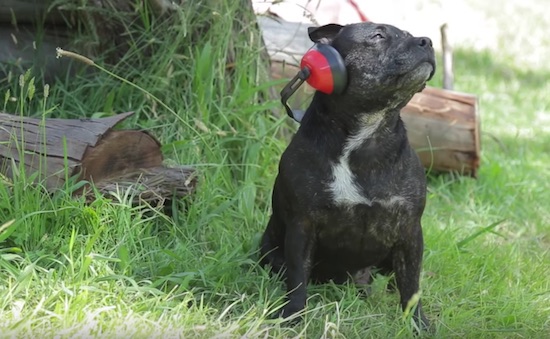
Jordan Osmond and Samuel Alexander Image from ‘A Simpler Way: Crisis as Opportunity’ 2016

On July 27 2015, I posted a 2-hour interview with Nicole Foss that was recorded when we were in Melbourne in April that year. The interview -though not the full two hours of course- was always meant to be part of a documentary by our friends Jordan Osmond and Samuel Alexander. The documentary is now out.
Below, you can find the trailer, the full documentary, as well as a re-run of the full interview with Nicole. I haven’t had time to watch the documentary, just got the mail from Sam, but I will later today. No doubt, it’ll be worth your while and mine. I remember complimenting them on the sound- and picture quality of the interview last year. Plus, get the likes of our dear friend Dave Holmgren together with Nicole and Ted Trainer, amongst others, and you can’t very well go wrong, can you?
(NOTE: Saw some rushes, and it may contain a tad much hippieness and/or reality-TV semblance for some)



The trailer:

With the text published with it:
The overlapping economic, environmental, and cultural crises of our times can seem overwhelming, can seem like challenges so great and urgent that they have no solutions. But rather than sticking our heads in the sand or falling into despair, we should respond with defiant positivity and try to turn the crises we face into opportunities for civilisational renewal.
During the year of 2015 a small community formed on an emerging ecovillage in Gippsland, Australia, and challenged themselves to explore a radically ‘simpler way’ of life based on material sufficiency, frugality, permaculture, alternative technology and local economy. This documentary by Jordan Osmond and Samuel Alexander tells the story of this community’s living experiment, in the hope of sparking a broader conversation about the challenges and opportunities of living in an age of limits.
The documentary also presents new and exclusive interviews with leading activists and educators in the world’s most promising social movements, including David Holmgren (permaculture), Helena Norberg-Hodge (localisation), Ted Trainer (the simpler way), Nicole Foss (energy and finance), Bill Metcalf (intentional communities) and Graham Turner (limits to growth).



The full documentary:



Then the text I included back then:
The fimmakers about their project:
The purpose of the documentary is to unflinchingly describe the overlapping crises of industrial civilisation and explain why a ‘simpler way’ of life, based on material sufficiency not limitless growth, signifies the only coherent response to those crises. The dominant mode of development today seeks to universalise high-consumption consumer lifestyles, but this is environmentally catastrophic and it has produced perverse inequalities of wealth. Even the privileged few who have attained material affluence rarely find it satisfying or fulfilling, because consumerism just leaves people feeling empty and alone. Consequently, our forthcoming documentary seeks to show why genuine progress today means rejecting consumerism, transcending growth economics, and building new forms of life based on permaculture, simple living, renewable energy, and localised economies.
But what does that mean? And how should we go about building a new world? Mainstream environmentalism calls on us to take shorter showers, recycle, buy ‘green’ products, and turn the lights off when we leave the room, but these measures are grossly inadequate. We need more fundamental change – personally, culturally, and structurally. Most of all, we need to reimagine the good life beyond consumer culture and begin building a world that supports a simpler way of life. This does not mean hardship or deprivation. It means focusing on what is sufficient to live well. The premise of our documentary is that a simple life can be a good life.
One of the main concerns driving this documentary, and the Wurruk’an project more generally, is the uncomfortable realisation that even the world’s most successful ecovillages have ecological footprints that are too high to be universalised. In other words, even after many decades of the modern environmental movement, we still don’t have many or any examples of what a flourishing ‘one planet’ existence might look. This is highly problematic because if people do not have some understanding of what sustainability requires of us or what it might look like, it will be hard to mobilise individuals and communities to build such a world. A Simpler Way represents an attempt to envision and demonstrate what ‘one planet’ living might look like and provoke a broader social conversation about the radical implications of living in an age of limits.
We hope that this documentary will challenge and inspire people to explore a simpler way of life and to begin building sufficiency-based economies that thrive within planetary limits. If you feel this is a worthwhile film for social change, please support our project by donating here [link coming soon] and sharing the link with your networks.



And finally, the Nicole interview I posted last year, of which significant parts are in the documentary.










